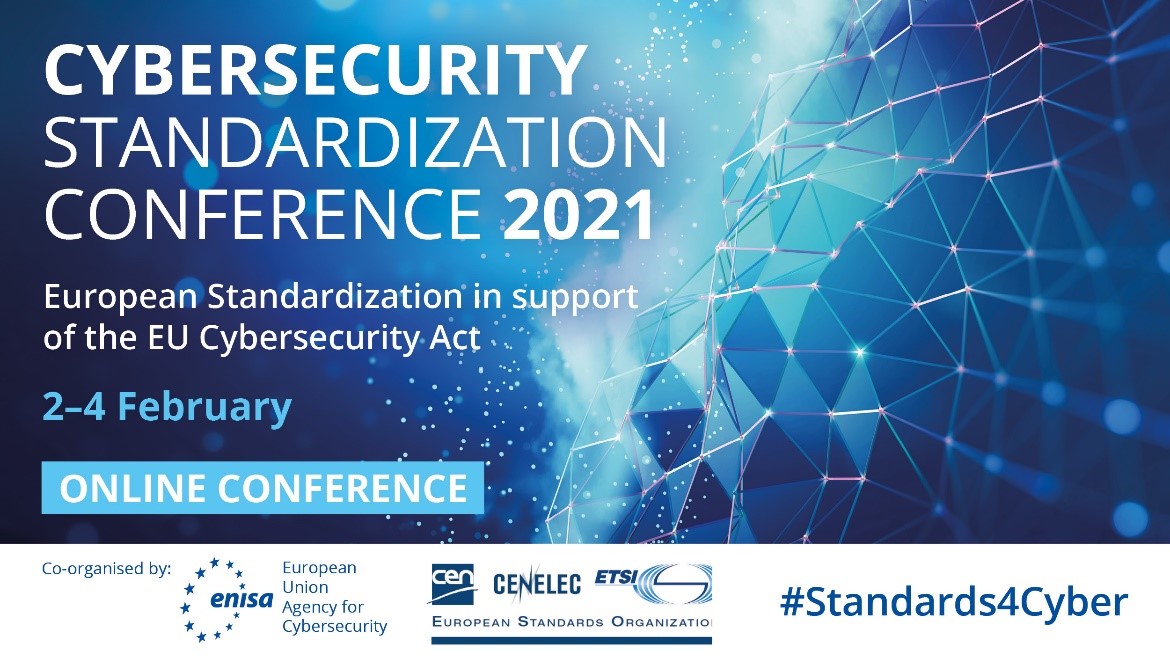The European Commission welcomes the agreement reached by the European Parliament and the Council on the Connecting Europe Facility (CEF) proposal, as part of the next long-term EU budget 2021-2027.
The Connecting Europe Facility programme supports investment in Europe's transport, energy and digital infrastructure networks. It will support the twin green and digital transition, by contributing to the ambitious targets for the European Green Deal and the Digital Decade.
It will support the goals of the Smart and Sustainable Mobility Strategy laying the foundation for how the EU transport system can achieve its green and digital transformation and become more resilient to future crises. As outlined in the European Green Deal, the result will be a 90% cut in emissions by 2050, delivered by a smart, competitive, safe, accessible and affordable transport system. It will also prioritise environmentally friendly modes such as rail and the development of charging points for vehicles using alternative fuels.
The EU’s Circular Economy Action Plan
The European Commission released its new Circular Economy Action Plan (CEAP) in support of the European Green Deal on 11 March 2020. It fits in a preeminent list of EU strategy documents with a strong impact on standardization, such as the new Biodiversity Strategy, the Farm to Fork Strategy, the Industrial Strategy, the Chemicals Strategy for Sustainability and the Sustainable Products Initiative.
Building on the work already undertaken in the transition towards a more circular European economy, the Action Plan sets out objectives in product design, production and consumption. This new Action Plan for the Circular Economy will have impacts on most – if not all – businesses in Europe. The need for constant, systematic monitoring of upcoming legislation is now higher than it has ever been for companies to best undertake this transition without affecting their profitability.
In this context, the Circular Economy Topic Group (CE-TG) of SABE was set up to provide a faster and more coordinated response to the horizontal and cross sectorial standardization needs related to the European Circular Economy-related initiatives. The SABE CE-TG focuses on identifying and discussing strategic standardization issues and needs related to Circular Economy within CEN and CENELEC and the coordination with other standard organizations. It supports SABE in advising the CEN and CENELEC Technical Boards on standardization priorities for instance in support of the implementation of the Circular Economy Action Plan.
The European Standards Organizations, CEN, CENELEC and ETSI, joined forces with ENISA, the European Union Agency for Cybersecurity, to organize its annual conference virtually this year. The event, which took place from 2 to 4 February, attracted over 2000 participants from the EU and from around the world. The conference addressed standardization in relation to the Radio Equipment Directive (RED) and certification under the provisions of the Cybersecurity Act (CSA). The ultimate objective of the exercise is to enable an effective implementation of the Cybersecurity Act. The objectives of the presentations and key topics addressed by the conference panels were the following:
- Cybersecurity requirements and standardization activities under the scope of the Radio Equipment Directive
- Standardization supporting the Cybersecurity Act
- Developments on standardization in the area of Consumer IoT
- Standardization of 5G
The slides presented during the conference are available on the website of the Cybersecurity Standardization Conference.
2021 is the European Year of Rail. On this occasion, CEN and CENELEC are proud to highlight the important role European standards play to ensure the well-functioning of a key sector for the future of Europe. Standardization on railways application is part of CEN and CENELEC’s wider work on transportation, a complex and large portfolio: it includes 1234 standards from CEN and CENELEC. These standards are mainly developed by two Technical Committees (TCs), CEN/TC 256 'Railway Applications' and CLC/TC 9X 'Electrical and electronic applications for railways'.
In particular, standards on rail cover a wide range of topics specifically related to railways applications (products, processes and services), such as, among others, safety, rolling stock capacity, system efficiency, as well as cybersecurity, digitalisation, and automatic couplings. This work on rail contributes massively to the development of safe, innovative and efficient railway systems infrastructure, rolling stock and systems, and supports the EU in its strategic ambitions.









